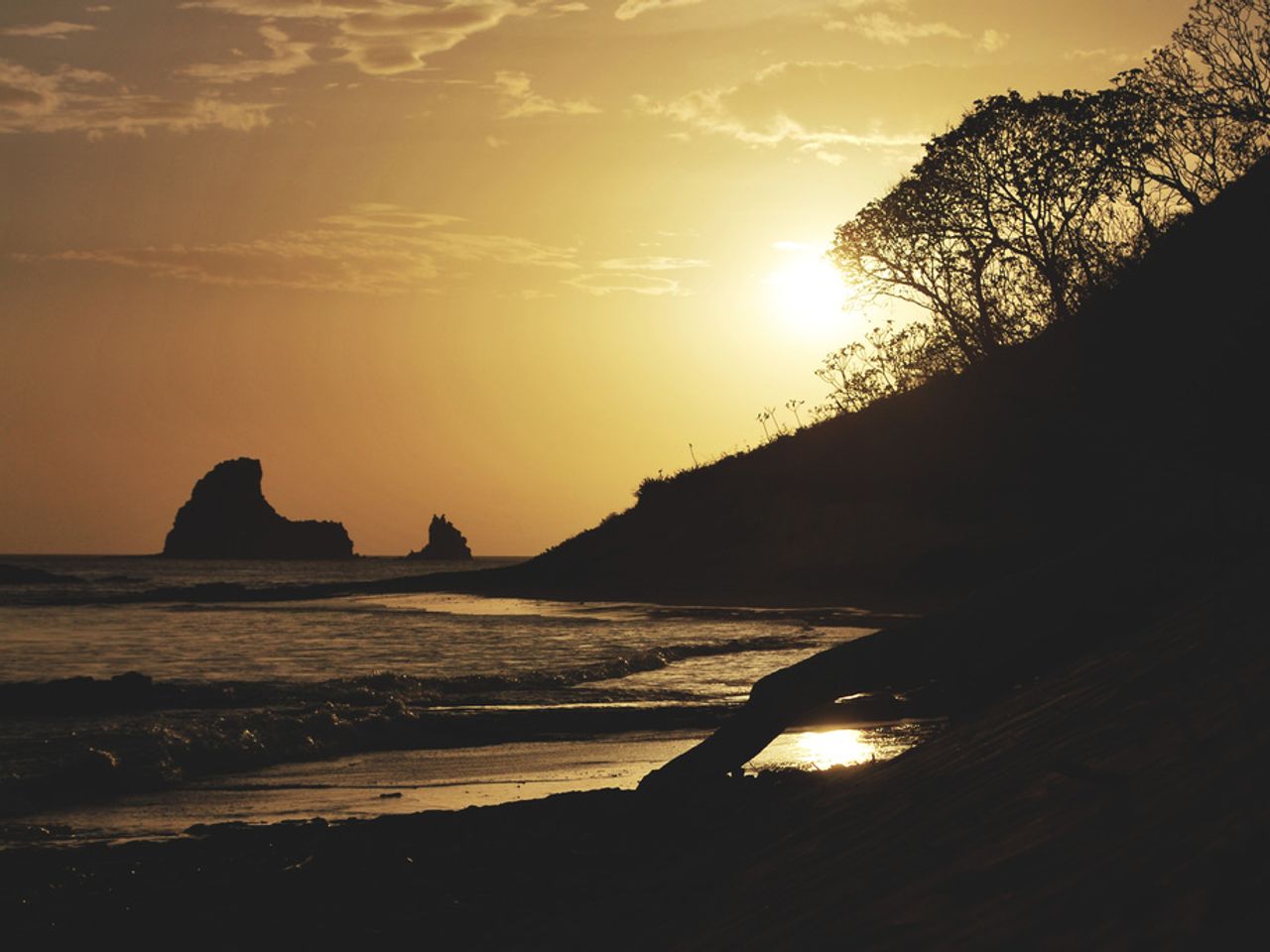Crisis Worsens Greatly in Congo
Tensions are still high in Eastern Congo, and despite an unexpected peace agreement between the Congolese government and the M23 rebels signed recently, the situation hasn't improved much. Around 200 non-state armed groups continue to operate in the region, primarily involved in the exploitation of resources such as gold, tantalum, tungsten, and tin.
The M23 rebels, who recently took control of cities like Goma and Bukavu, are establishing a "state within a state," taxing the population. This new power structure has only worsened the already dire humanitarian crisis. Since the M23 seized Goma, a city of 2 million people, and Bukavu, home to nearly 1.5 million inhabitants, the number of displaced people in need of assistance has increased from 5.6 million in 2024 to 7.8 million today.
The humanitarian organization Oxfam, however, refuses to work with the M23 and pay taxes to them. Manenji Mangundu, the director of Oxfam in the Democratic Republic of Congo, explained that they negotiate taxes with the M23 where humanitarian aid is being provided, but they do not pay these taxes.
Achieving peace in Eastern Congo remains a complex task that requires engagement from multiple countries, including Rwanda, Uganda, and Burundi, and the involvement of armed groups beyond just the M23. Negotiating a comprehensive peace agreement isn't possible without addressing the root causes of conflict, such as land access, identity, and security challenges, and securing international support and mediation.
The reduction of international funds, such as aid from the U.S. development agency USAID, is severely impacting humanitarian efforts. Oxfam has had to cut its budget, leading to the layoff of staff, and limiting the organization’s capacity to help those in need. The organization is appealing to the international community, particularly the EU, to increase their contributions.
Without sufficient aid, the 7.8 million displaced people in eastern Democratic Republic of Congo may not have secure access to food, health, and clean water. Reduced aid could also lead to increased disease outbreaks such as cholera, measles, and monkeypox.
- Cyrus Salimi-Asl has expressed doubts about Putin's willingness to negotiate.
- Daniel Säwert believes the war between the West and Russia is on a stop-and-go path, leaving open the possibility of a backdoor.
- In an interview, Raul Zelik voiced his concerns about excessive militarization, emphasizing the need to rebuild multilateral peace systems.
In order to achieve a lasting peace, it's essential to involve multiple countries, address underlying issues, and facilitate negotiations with various parties, while also ensuring that economic benefits are distributed equitably and that adequate security protocols are in place. Global support, particularly from the EU, is crucial for addressing the current crisis in Eastern Congo.
- The M23 rebels, despite establishing a "state within a state" in cities like Goma and Bukavu, continue to face political challenges, as humanitarian organizations like Oxfam refuse to pay taxes to them.
- The general-news concerning the crisis in Eastern Congo highlights the need for international cooperation, as achieving a lasting peace requires involvement from multiple countries, addressing underlying issues, and ensuring equitable distribution of economic benefits, with the EU playing a crucial role in providing support.








